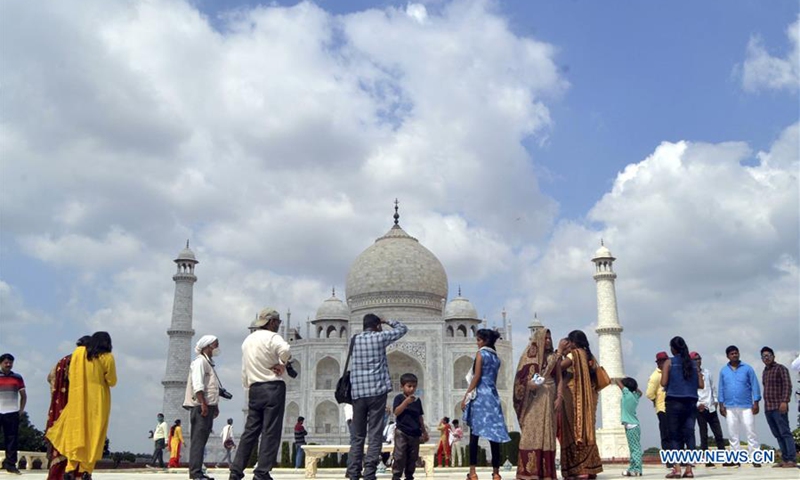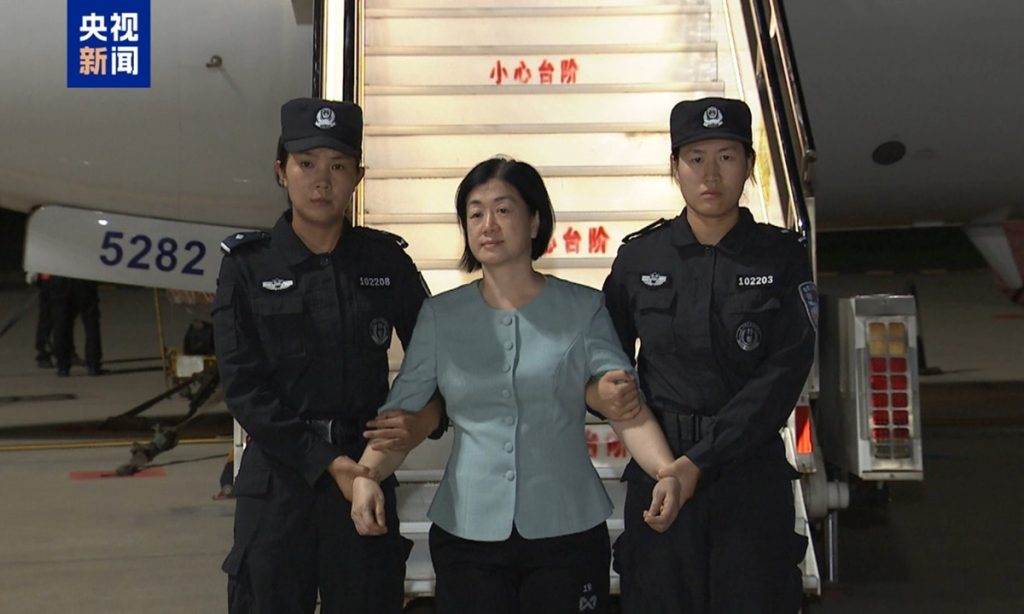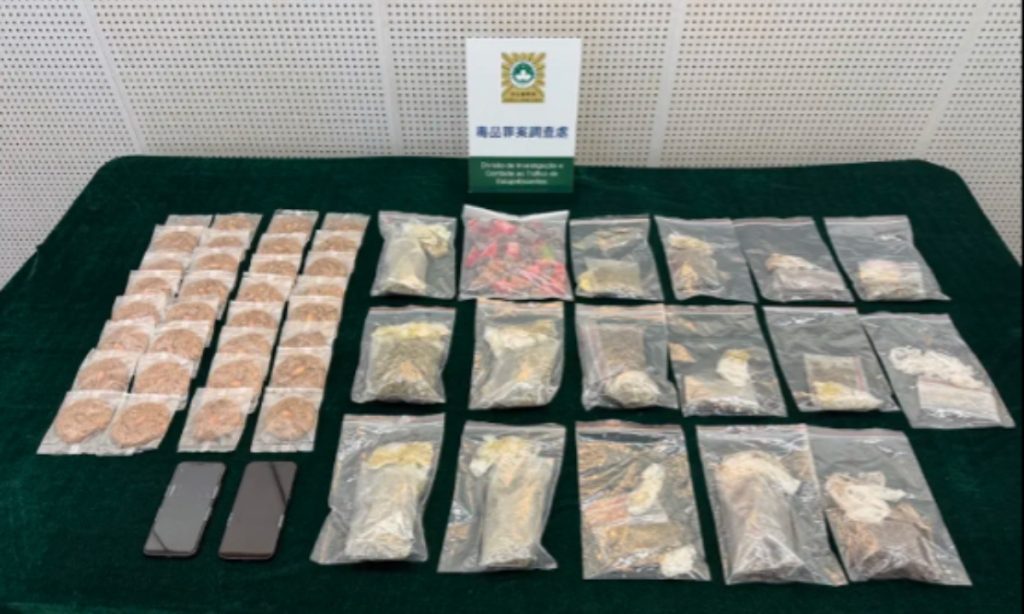India resumes tourist visa for Chinese citizens after 5 years

India announced on Wednesday that it will open tourist visa applications to Chinese citizens from July 24, 2025. It was the first time in five years since the South Asian country suspended Chinese citizens' tourist visa applications in February 2020.
The Embassy of India in China announced via its Sina Weibo account on Wednesday that, starting from July 24, 2025, Chinese citizens can apply for a tourist visa to visit India after completing an online application, scheduling an appointment, and personally submitting their passport and other required documents to three Indian visa application centers in Beijing, Shanghai, and Guangzhou in South China's Guangdong Province.
Responding to the related inquiry, Chinese Foreign Ministry spokesperson Guo Jiakun said on Wednesday that "we take note of this positive move. Easing cross-border travel is widely beneficial. China will maintain communication and consultation with India to further facilitate travel between the two countries.''
Chinese experts said the latest move taken by the India marks a phased milestone in the easing of relations between the two countries, and creates favorable conditions for further strengthening bilateral people-to-people exchanges.
On February 2, 2020, India temporarily suspended its e-visa facility for Chinese travelers and foreigners residing in China amid coronavirus outbreak, according to the Times of India.
Before the pause, both tourist and business visa applications to India by Chinese nationals recorded positive year-on-year growth in 2019, according to data sent from Chinese online travel platform Trip.com to the Global Times on Wednesday. Indian media estimated that in 2019, the country issued about 200,000 visas to Chinese nationals, while the number was just 2,000 in 2024, said another report by the Times of India.
A staff member at the Consulate General of the Republic of India in Guangzhou confirmed the news to the Global Times on Wednesday, saying, "We received the notice from Beijing today. Starting tomorrow, we will also be awaiting more detailed instructions from the embassy regarding the visa application process."
Easing bilateral ties
Relationship between China and India has been on positive recovery path recently. Indian External Affairs Minister Subrahmanyam Jaishankar visited China on July 14 and 15, his first dedicated visit since the 2020 military standoff in the western sector of the China-India border.
As two neighboring Eastern civilizations and major emerging economies, the essence of China-India relations lies in how to coexist harmoniously and achieve mutual success, said Chinese Foreign Minister Wang Yi when holding talks with Jaishankar on July 14.
Wang, also a member of the Political Bureau of the Communist Party of China Central Committee, said that both sides should adhere to the direction of friendly neighborliness, achieve the "Dragon-Elephant Tango" and find a way for mutual respect and trust, peaceful coexistence, common development and win-win cooperation.
Jaishankar's visit follows the recent visits of India's Defense Minister Rajnath Singh and National Security Advisor Ajit Doval to China, The Hindu reported.
The positive signs of easing bilateral times also came at a time when the US is waging tariff wars against most nations in the world, including its close partners such as India, Xie Chao, an associate professor at the Institute of International Studies, Fudan University, wrote in an opinion article in the Global Times on July 16.
On June 20, a group of 39 pilgrims from India arrived in Southwest China's Xizang Autonomous Region, marking the resumption of pilgrimages to Mount Gang Renpoche and Lake Mapam Yun Tso in the region after a five-year hiatus, the Xinhua News Agency reported.
Xu Feihong, the Chinese Ambassador to India, said in a recent interview with an Indian newspaper The Hindu that the government departments of both China and India, as well as major airlines, have done a lot of work for the resumption of direct flights. We hope that it will be launched as soon as possible.
Qian Feng, director of the research department at the National Strategy Institute at Tsinghua University, told the Global Times on Wednesday that the Chinese and Indian economies are highly complementary. "If bilateral relations continue to warm, it will not only benefit both countries but also have a positive impact on the broader region and even the world," he noted.
Managing perception
Previously, India was among the destinations preferred by some Chinese tourists, with some travel agencies maintaining partnerships with Indian side, Jia Jianqiang, founder and CEO of Beijing-based online agency 6renyou, told the Global Times on Wednesday, while noting that the suspension of visa issuance had resulted in the gradual disappearance of India from Chinese tourists' itineraries over the past few years.
While the resumption of tourist visa issuance is a welcome move, Jia said it is only a first step. "Whether the market can recover depends on further support from relevant authorities," Jia said.
A former Chinese business representative in India told the Global Times on Wednesday that although tourist visas have resumed, work visas remain difficult to obtain due to a lengthy approval process, extensive documentation requirements, and increasingly strict background checks.
Qian emphasized that China-India ties represent a new type of relationship between two neighboring emerging powers, and the first and most crucial step in managing it is aligning strategic perceptions from both perspectives.
"Like buttoning the first clasp on a shirt - the Indian side should not see China as a threat, but as a partner. Only on this basis, aligned with economic needs and public demand, can the bilateral relationship develop steadily," said Qian.
Responding to a question regarding the news that India's Foreign Ministry has agreed with China to expedite the process to resume direct flights between the two countries, Chinese Foreign Ministry spokesperson Lin Jian said during a press conference on June 13 that the resumption of direct flights is conducive to ensuring cross-border travel, exchanges and cooperation between China and India, which is in the interest of the two sides.
"China is positive toward it. We hope India will work with us to resume flights as soon as possible and ensure safe and orderly mutual visits between the two countries," said Lin.

